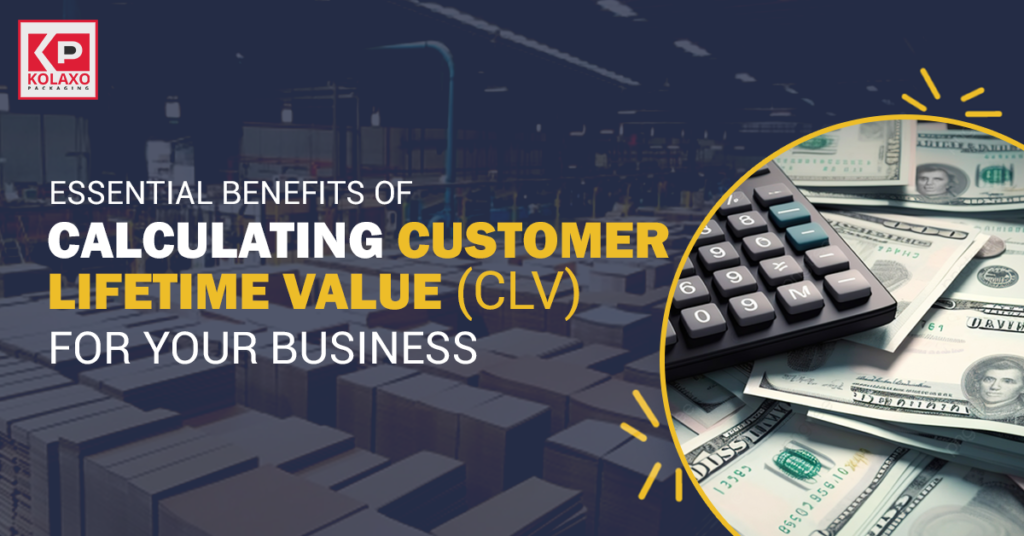
Customer lifetime value tells you about the revenue acquired by a single customer throughout the business relationship. It’s the primary metric that helps you to predict how financially valuable your customer is for your company. With the data, you will be in a better position to launch any new marketing campaign as you exactly know the segment of your customers who are interested in your product and has high purchasing capacity.
Let’s dig out more about why customer lifetime value is essential for your business growth and how you can calculate CLV.
When you acquire new customers, you need to pay the acquisition price which could be in the form of any marketing campaign or running ads. It will reduce your profit margins because you are spending a part of your profit on those campaigns. On the other hand, when you focus on already present customers, you don’t need to pay any amount for acquisitions so the customer’s repeat orders are the source of your profits now.
As your product hit the mark for the existing customers so they recurrently buy your products which brings a higher cash flow into your business. It will cover a part of your expense because regular input of the set amount is coming in.
You will allocate the right budget for marketing because you determine the value an average customer could pay for your product. For instance, if the amount is $100 rather than $10, you set a higher budget even for acquiring new customers too. From an existing segment of the audience, you have an idea about the trends in society and their interests. In order to grab the attention of the new audience, you use valuable insight and also incorporate it into your packaging design to attract customers.
The value of CLV will provide significant information about the customers. If a customer’s lifetime value is higher, it means that the customer is satisfied with the product and services of your company. They are loyal to your brand so the chance of growth for your business is higher, it’s a powerful point that you can show to your investor to seek funding for your company.
Meanwhile, when you change your packaging design and look for your customer’s response to your new packaging, in this case, the value of CLV is important. If the number of orders gets higher it means that your packaging design is incredible and welcome by the customers.
Depending upon the availability of data, there are two methods to calculate CLV.
If you have all the detail about the sales data, accumulated data is the best way to accurately calculate CLV. it’s the simple summation method, where you add all the orders value to get results.
CLV = Summation [All of the customer Order in specific time]
If you don’t have complete data about each customer, just have the numbers of orders, you can use the average estimate method.
CLV= (Average Order Value) x Number of Orders from Each Customer
You can also calculate the profit, for example, if a customer’s average sale value is $50 and give five-time orders per year and you get 20% profit on each.
Profit= $50x5x (20/100) = $50
Customer lifetime value is the best way to set the specific budget for your marketing campaign and pinpoint the segment of the targeted audience on the basis of existing customers’ demography and purchasing trends. It also helps you to determine the response of your customer when you transform an integral part of your product such as packaging. If the value of CLV becomes higher, it means that your customers like your new packaging or vice versa.
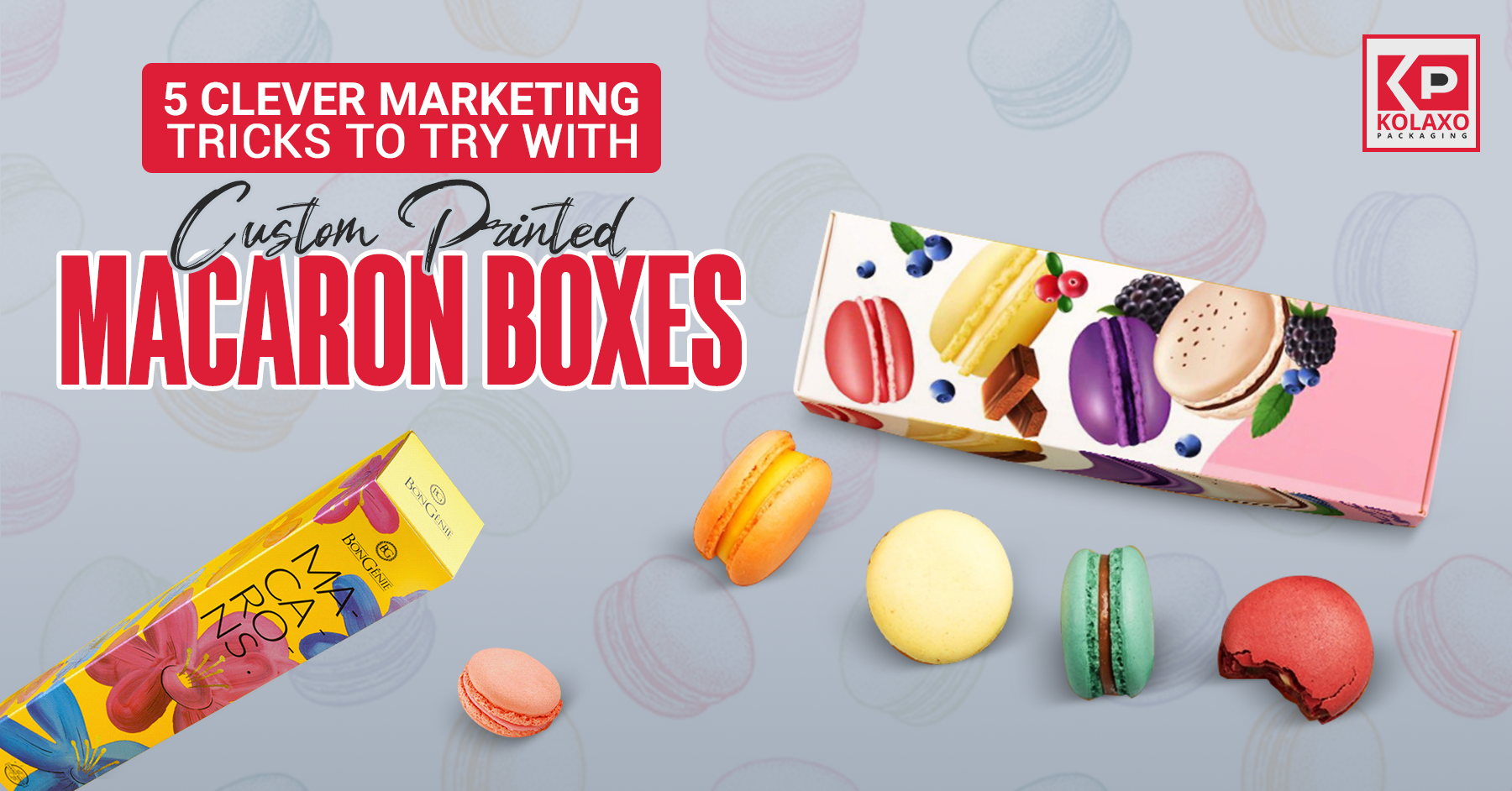 5 Clever Marketing Tricks to Try with Custom Printed Macaron BoxesApril 19, 2025
5 Clever Marketing Tricks to Try with Custom Printed Macaron BoxesApril 19, 2025
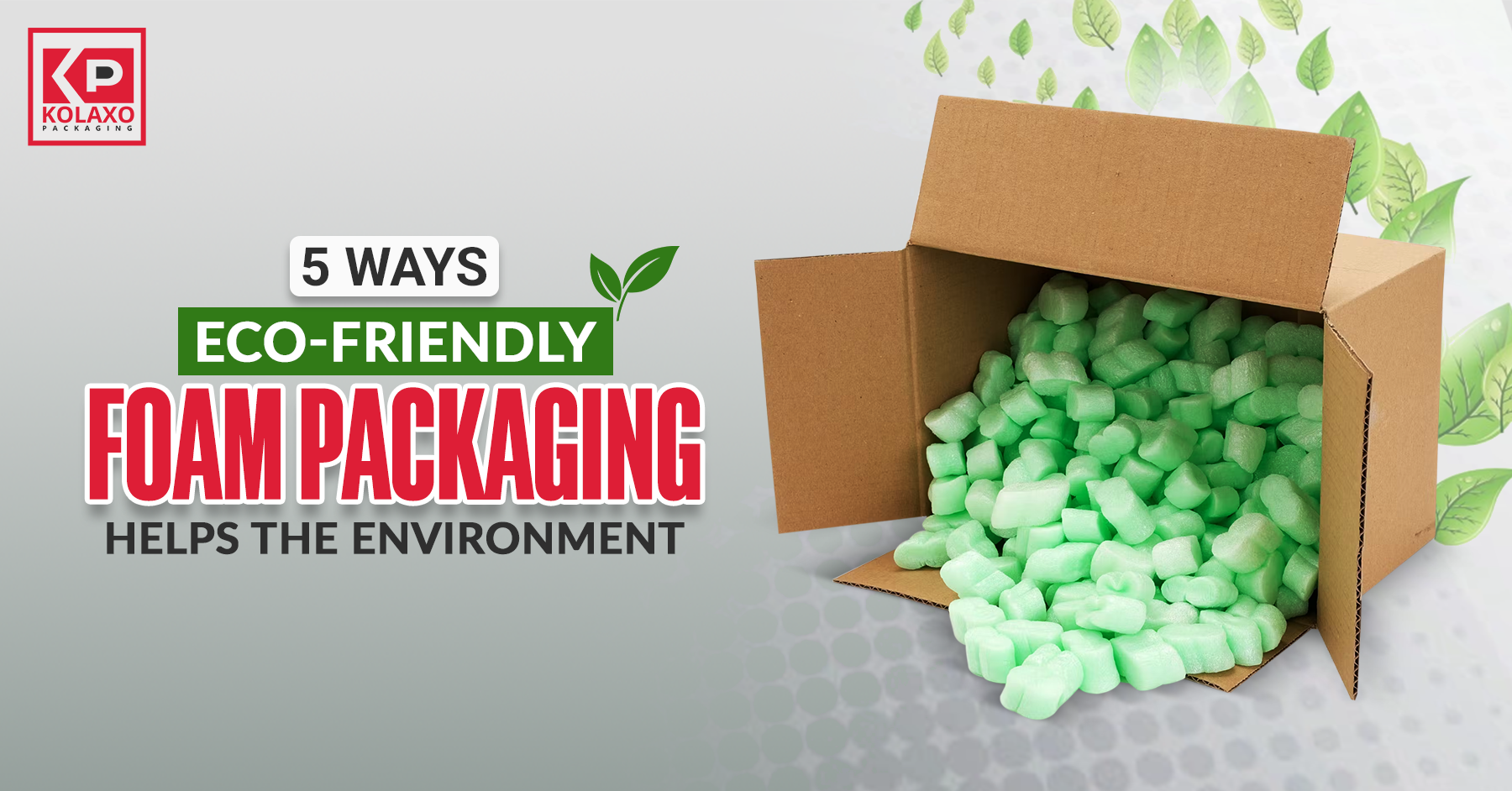 5 Ways Eco-Friendly Foam Packaging Helps the EnvironmentMarch 10, 2025
5 Ways Eco-Friendly Foam Packaging Helps the EnvironmentMarch 10, 2025
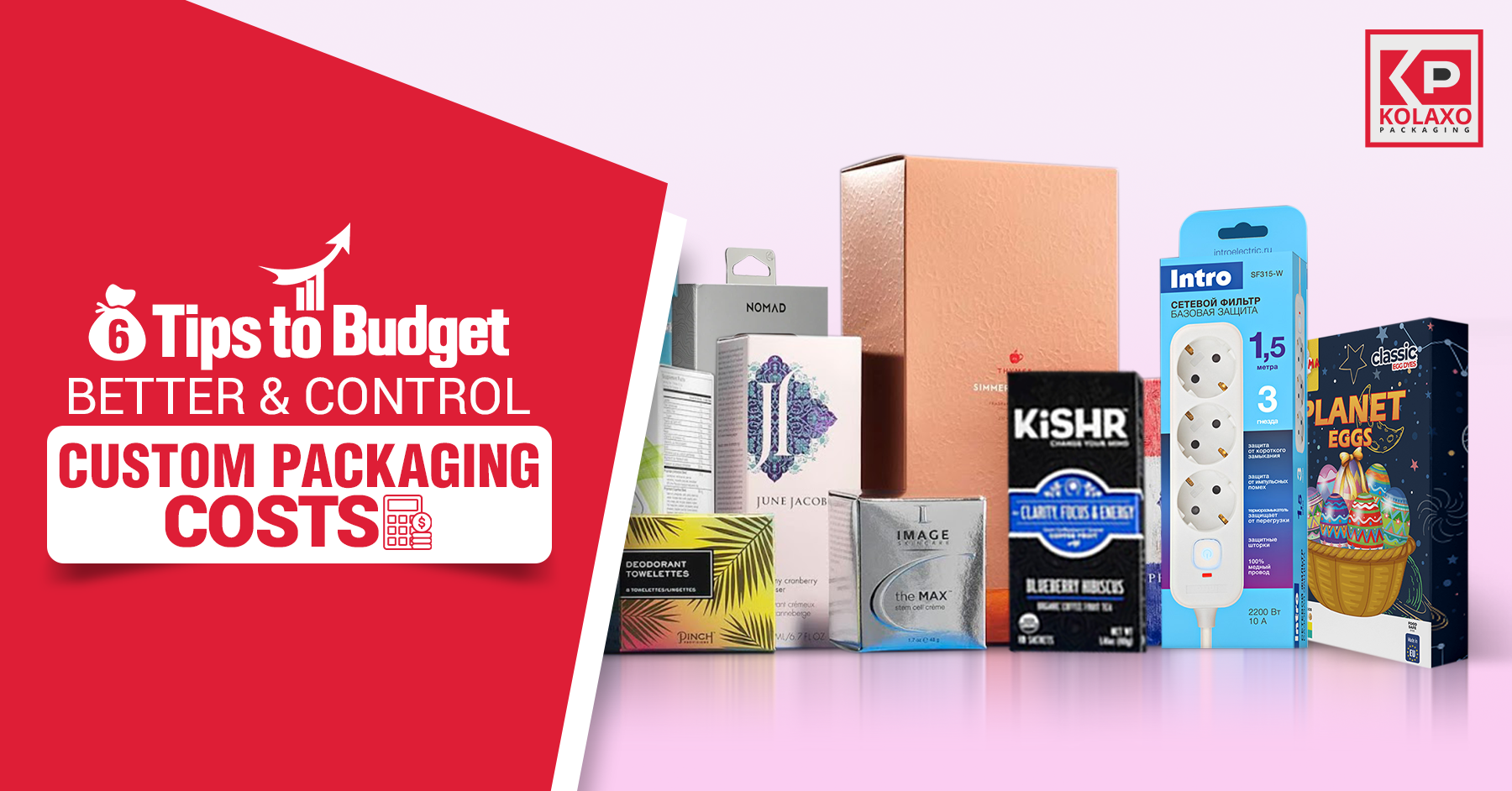 6 Tips to Budget Better & Control Custom Packaging CostsFebruary 27, 2025
6 Tips to Budget Better & Control Custom Packaging CostsFebruary 27, 2025
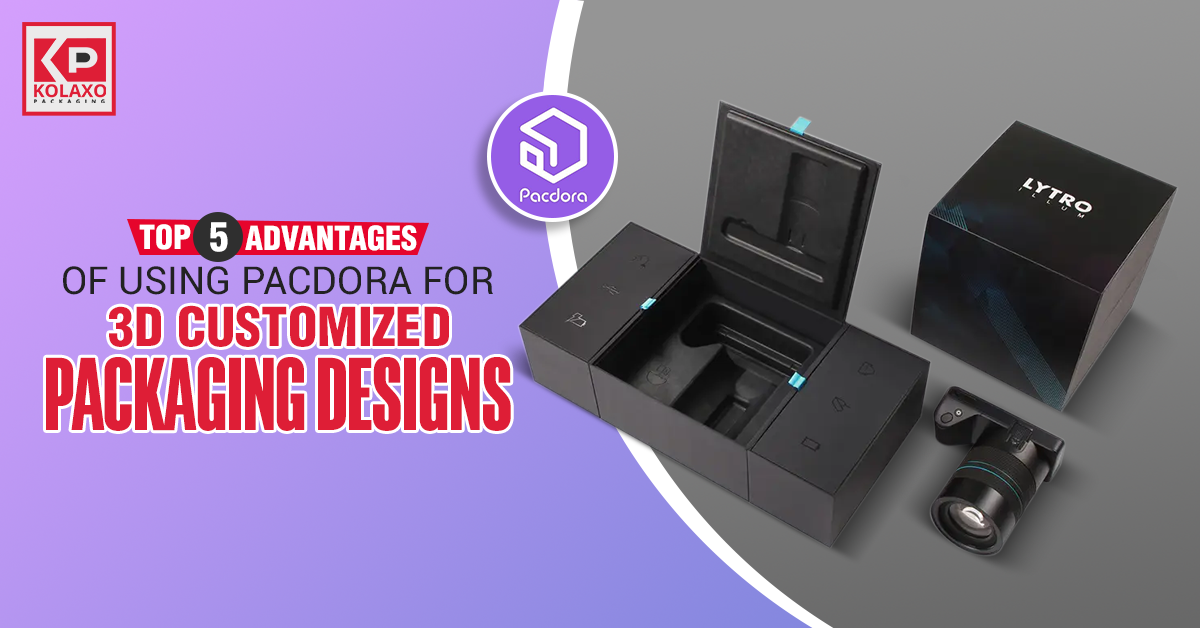 Top 5 Advantages of Using Pacdora for 3D Customized Packaging DesignsFebruary 10, 2025
Top 5 Advantages of Using Pacdora for 3D Customized Packaging DesignsFebruary 10, 2025
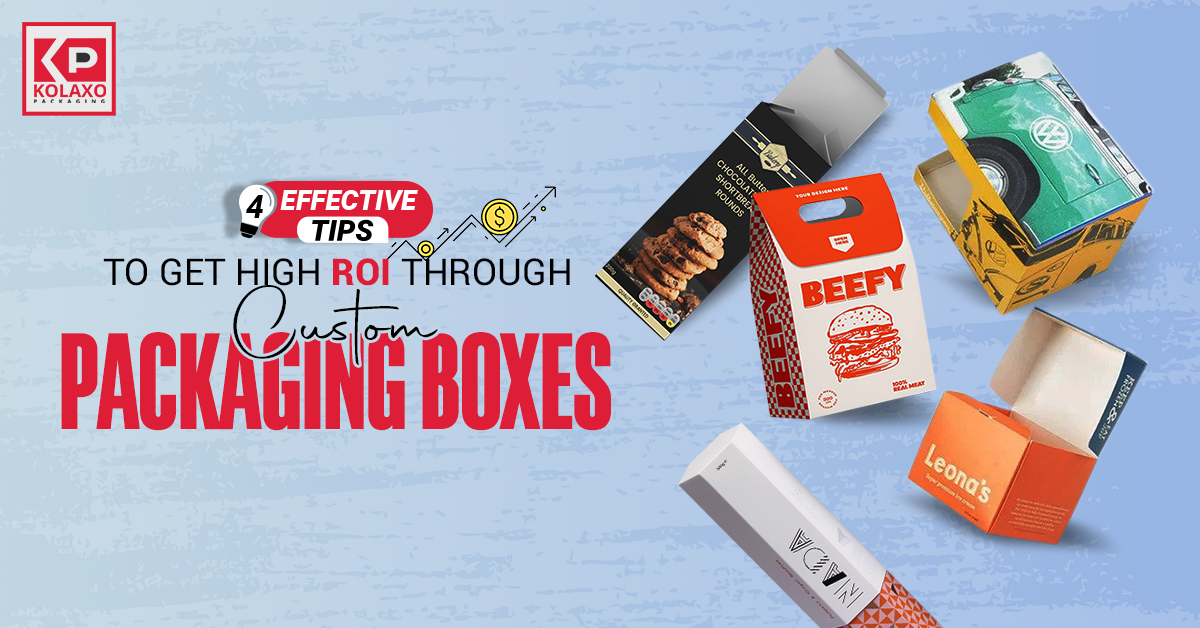 4 Effective Tips to Get High ROI Through Custom Packaging BoxesJanuary 22, 2025
4 Effective Tips to Get High ROI Through Custom Packaging BoxesJanuary 22, 2025
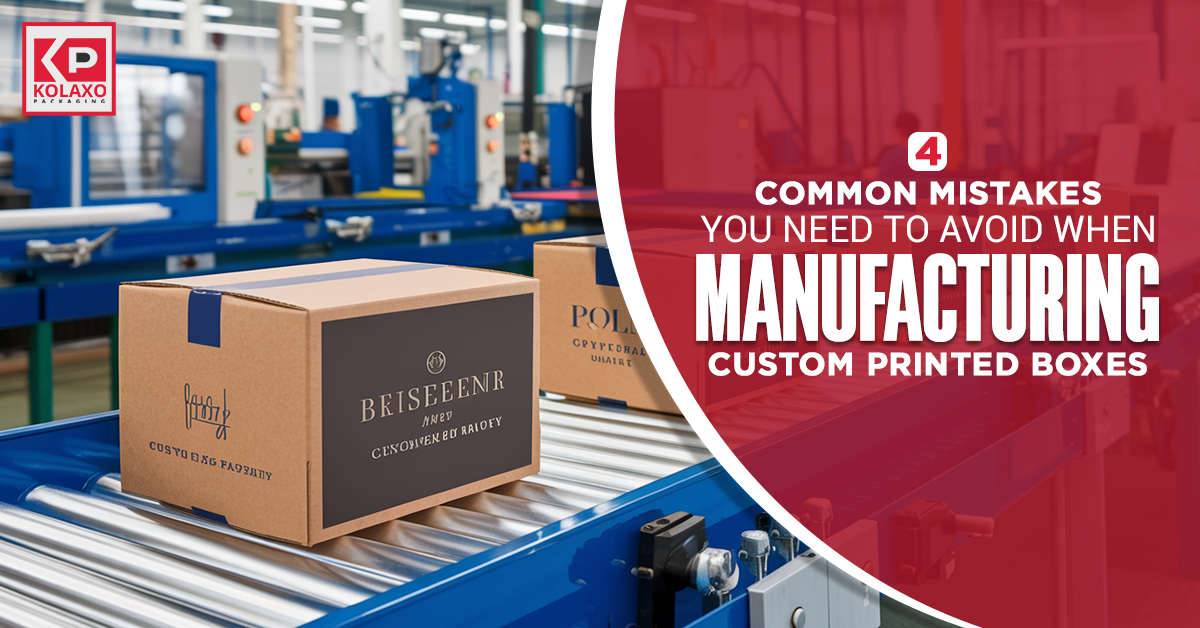 4 Common Mistakes You Need to Avoid When Manufacturing Custom Printed BoxesJanuary 8, 2025
4 Common Mistakes You Need to Avoid When Manufacturing Custom Printed BoxesJanuary 8, 2025
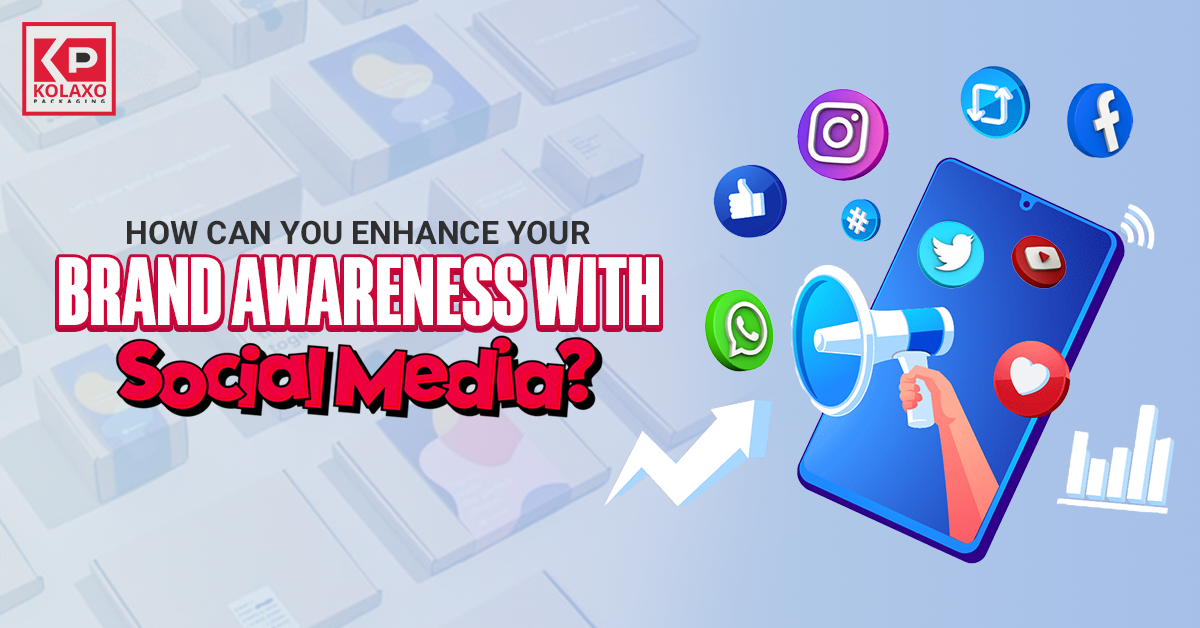 How Can You Enhance Your Brand Awareness With Social Media?December 16, 2024
How Can You Enhance Your Brand Awareness With Social Media?December 16, 2024